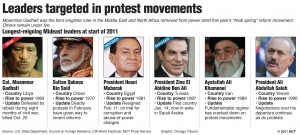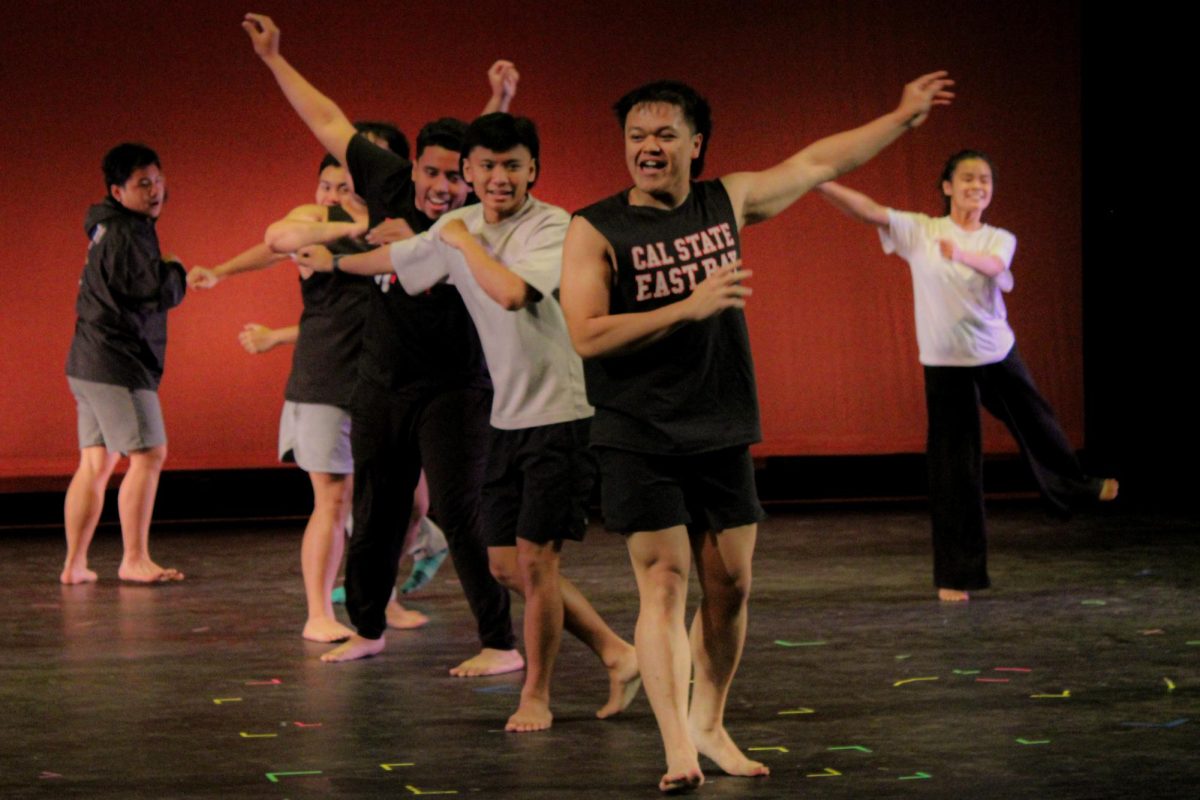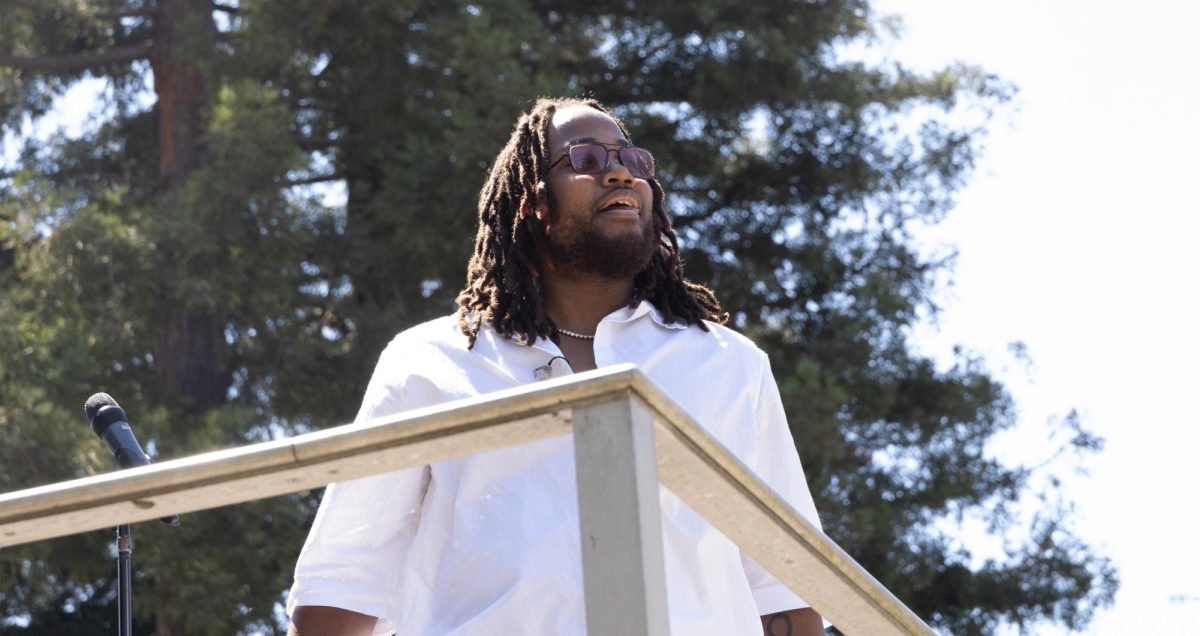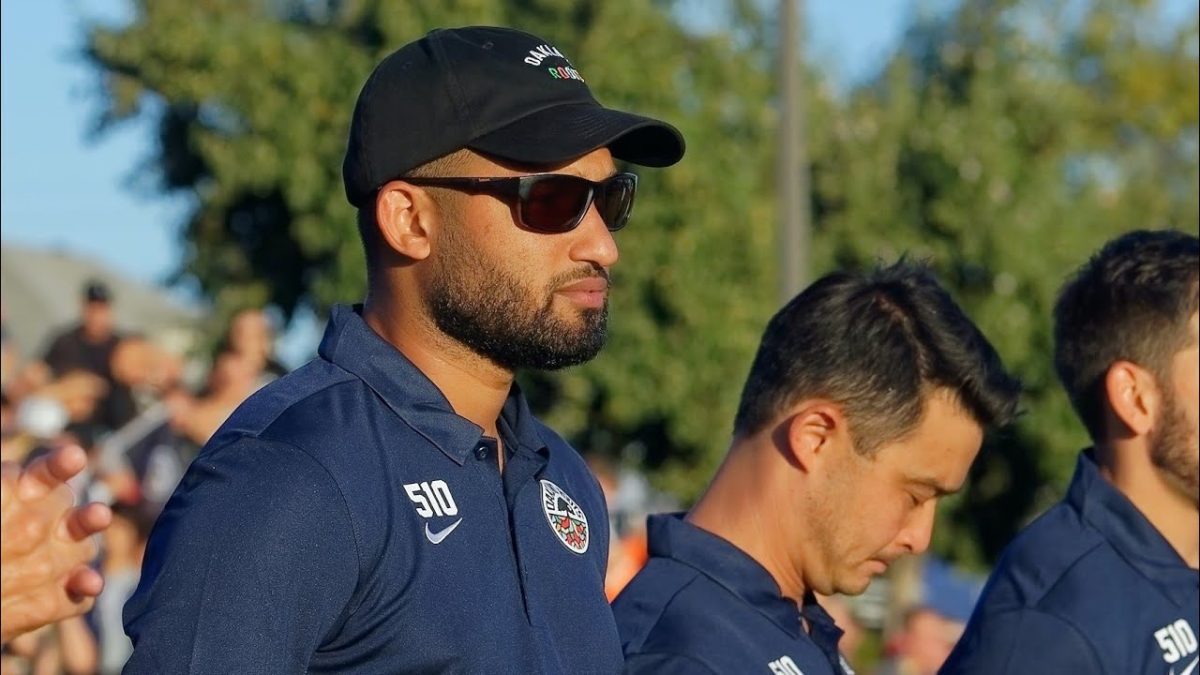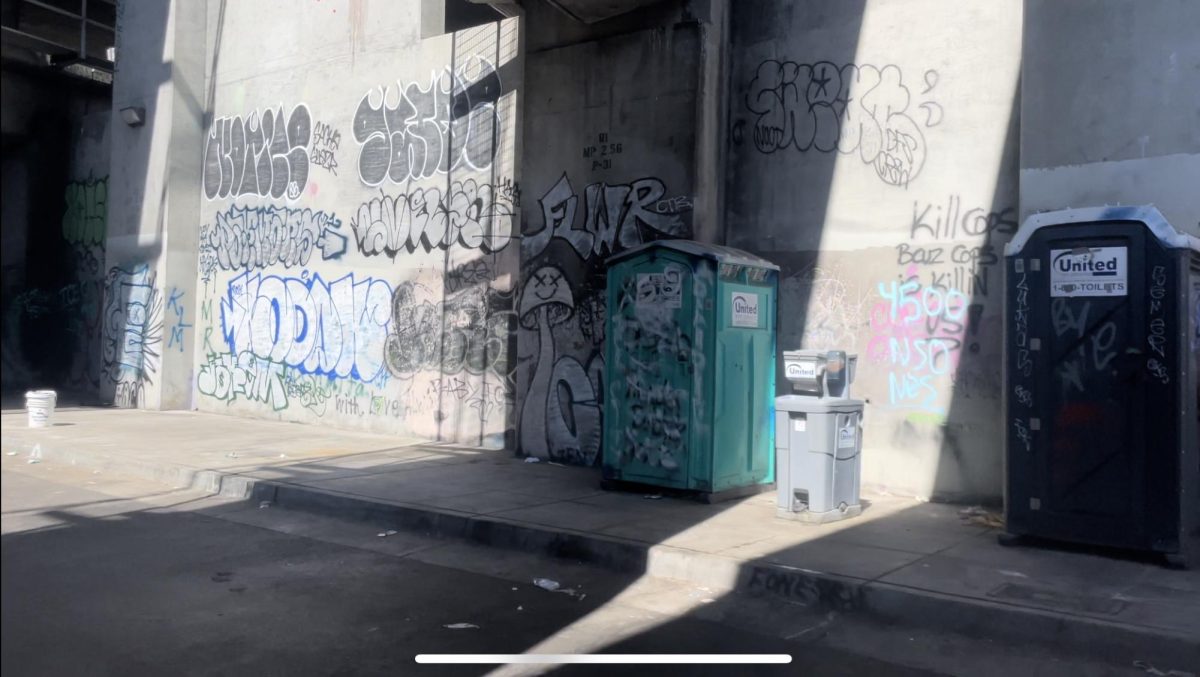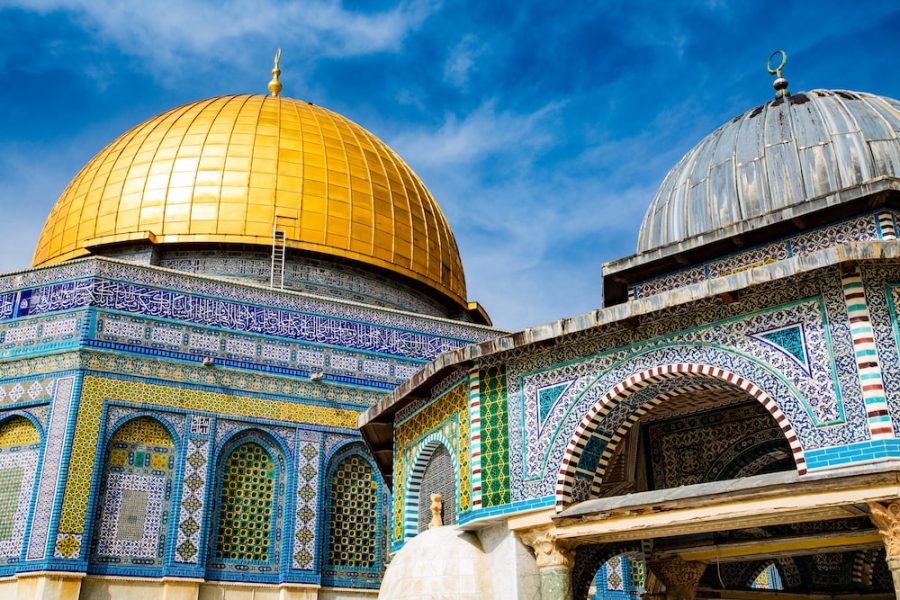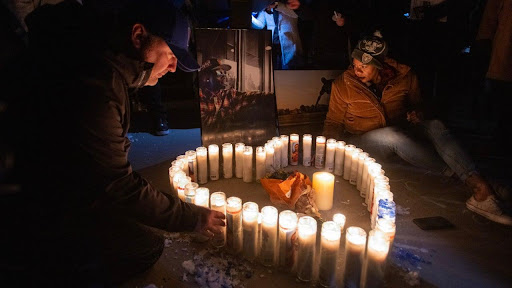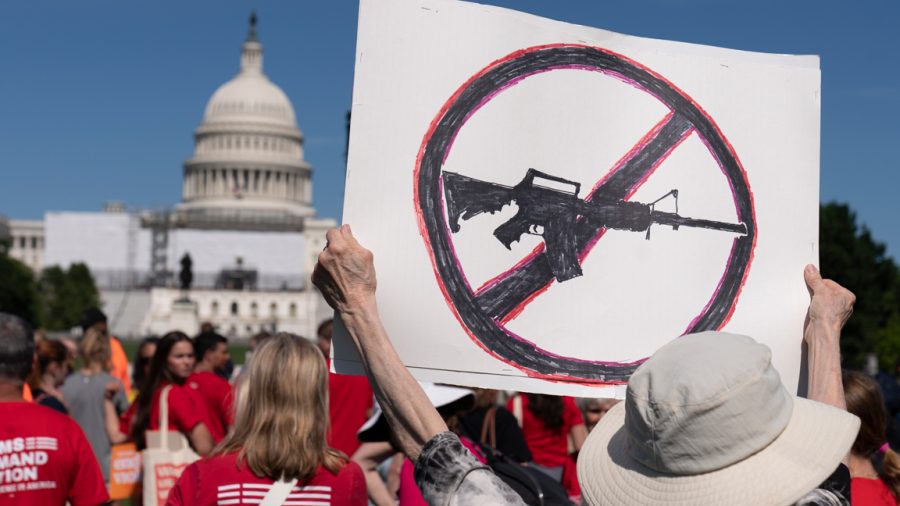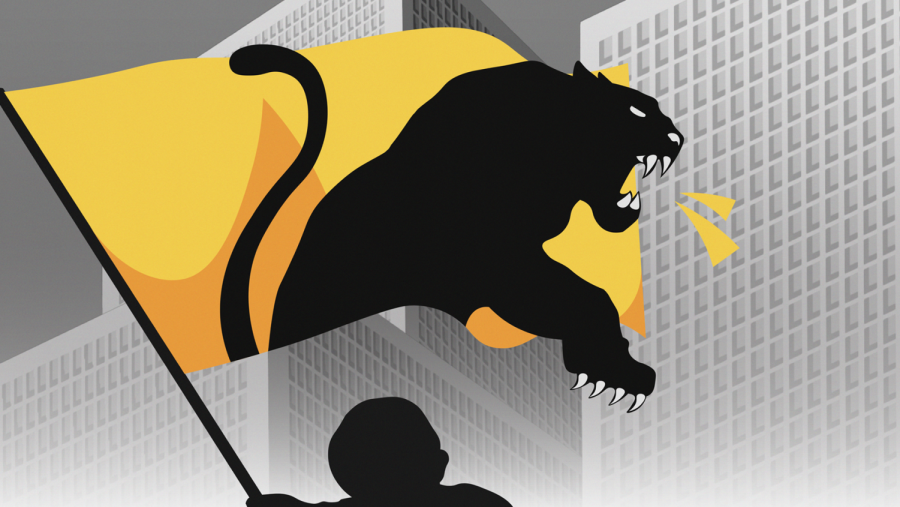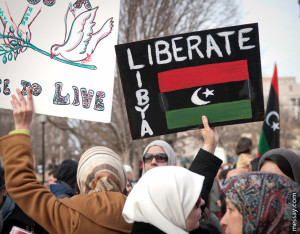
Moammar Gadhafi, ruler of Libya for more than three decades, was killed in his hometown of Sirte, Libya by revolutionaries on Thursday.
Gadhafi had been ousted from power months ago during the wave of “Arab Spring” protests that swept through the Middle East to get rid of tyrannical leaders in the region.
Gadhafi was found by the revolutionaries in a drain pipe in Sirte. The revolutionaries dragged him out and proceeded to beat him.
Within an hour, Gadhafi was shot point blank in the head and died. His body was then put on display, first on a pickup truck then in a meat freezer in a Libyan supermarket.
Gadhafi’s death ends his rule which began in 1969 when he took power after leading a coup against the Libyan monarchy.
Since then, Gadhafi has been a major force in the Middle East. Within his own country, the Brother Leader, or Colonel Gadhafi as he was known, built up schools, hospitals, as well as housing from oil revenues.
Gadhafi became unpopular, however, by the 1970s and 1980s when he instituted government crackdowns and bans.
He also caused trouble abroad when he was implicated in attacks against the West, including an attack on a Berlin disco frequented by U.S. soldiers that left two servicemen dead and the 1988 bombing of Pan Am Flight 103 over Lockerbie, Scotland. Former U.S. President Ronald Reagan once called Gadhafi the “mad dog of the Middle East.”
“The world is better off without him,” said history major Michelle, who declined to give her last name.
Some international students, such as Cagla, an international student from Turkey who declined to give her last name, had more to say about Gadhafi’s death.
“We are happy he died, but he also did good things like have no debt. So it’s a double-edged sword,” said Cagla, a graduate student studying engineering management.
Linda Ivey, Associate Professor of History, was asked if her students were broaching the subject of Gaddafi’s overthrow amongst themselves in discussion. Not many students were aware of the event.
“The topic has not come up much in class,” said Ivey. “It really depends on age; older students who remember past run-ins with Libya are paying attention. Our younger students have their minds on other issues, if anything these students may be linking the situation in Libya to both the larger Arab Spring movement or even global unrest.”
Ivey stated that students are more concerned with local events.
“Occupy Oakland seems to be more significant in the minds of students. Just today I’ve had three students talk about how the police broke up those protests recently.
“Maybe they see these events in a wider context with global social unrest on the minds of many. Whether or not this is just sentiment or actual truth does not change the fact that students seem more focused in on events that have a direct effect on their daily lives.”
Leaders around the world have reacted as well.
Following Gadhafi’s death, the Libyan Transitional Council declared on Sunday that the country has been officially liberated and will pursue a path to democracy.
The transitional government leader Mustafa Abdul-Jalil said in the declaration ceremony that he wanted Libyans to show “patience, honesty and tolerance” during the time of transition.
Libyan Defense Minister Jalal al-Degheili stated, according to Yahoo! News, that, “Libyans aim for multiparty politics, justice, democracy and freedom. The end of Gadhafi is not the aim, we say the minor struggle is over. The bigger struggle is now coming. This will not happen unless all the Libyan people are united.”
President Barack Obama gave his support in a press release, saying, “After four decades of brutal dictatorship and eight months of deadly conflict, the Libyan people can now celebrate their freedom and the beginning of a new era of promise.
“We look forward to working with the National Transitional Council and an empowered transitional government as they prepare for the country’s first free and fair elections,” continued Obama.
Not everyone is celebrating Gadhafi’s death.
Secretary of State Hillary Clinton has called for both the U.N. and the National Transitional Council to investigate the circumstances surrounding Gadhafi’s death, according to an interview with NBC’s “Meet the Press.” “Such an investigation would be very important for accountability, rule of law and pave the way to the inclusive democratic future that the Libyans tell me they want,” Clinton said.
